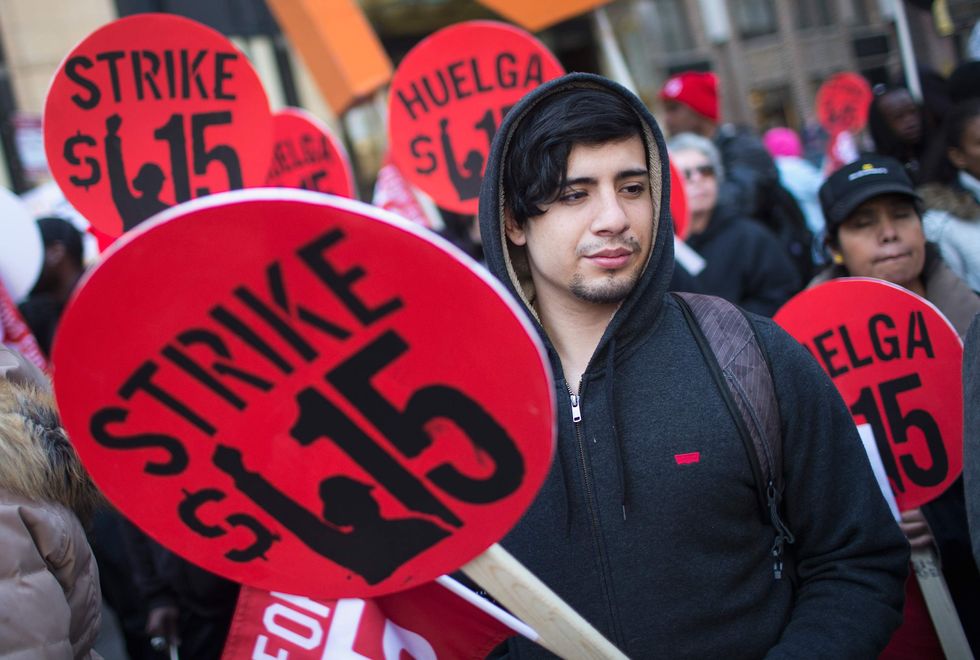
A new study from the University of Washington finds that Seattle's raised wages actually did have an adverse effect on the business economy within the city. (Getty Images)

A team of researchers from the University of Washington has released a study that suggests Seattle's $13 an hour minimum wage, passed by the city council, cost many minimum wage workers their jobs. According to the study, many full-time employees were also busted down to part-time.
Published in the National Bureau of Economic Research, the study found that Seattle's decision to raise its minimum wage from $11 in 2015 to $13 in 2016, caused employers to respond by reducing the number of hours worked by minimum wage employees.
The end result in terms of dollars earned was that the minimum wage hike eclipsed the supposed benefits of higher minimum wages. According to the study, low-wage earners made $125 per month less than they had before the higher wages kicked in.
Additionally, the study claimed that if the city had never raised its minimum wage, the city would have 5,000 more minimum wage jobs. This additional available labor would have added up to 3.5 million hours of work, according to FiveThirtyEight.
From the study:
Using a variety of methods to analyze employment in all sectors paying below a specified real hourly rate, we conclude that the second wage increase to $13 reduced hours worked in low-wage jobs by around 9 percent, while hourly wages in such jobs increased by around 3 percent. Consequently, total payroll fell for such jobs, implying that the minimum wage ordinance lowered low-wage employees’ earnings by an average of $125 per month in 2016. Evidence attributes more modest effects to the first wage increase. We estimate an effect of zero when analyzing employment in the restaurant industry at all wage levels, comparable to many prior studies.
“The goal of this policy was to deliver higher incomes to people who were struggling to make ends meet in the city,” said Jacob Vigdor, UW researcher and co-author of the study. “You’ve got to watch out because at some point you run the risk of harming the people you set out to help.”
The study's researchers do admit that these findings are preliminary, and are still in need of peer review. Furthermore, the study does not go into detail on how many workers found jobs out of town, or became ride-share drivers, which the study did not include in the findings.
Also, the UW researchers had access only to the incomes and hours worked of employees within the state of Washington. With Seattle being the only large city within the state, the database for equal wage comparisons was minimal.
UW researchers are predicting the study's findings will have political fallout regardless of the study's shortcomings.
"This strikes me as a study that is likely to influence people," David Autor, an economist at the Massachusetts Institute of Technology told the Washington Post. He said that the study was "sufficiently compelling in its design and statistical power that it can change minds."